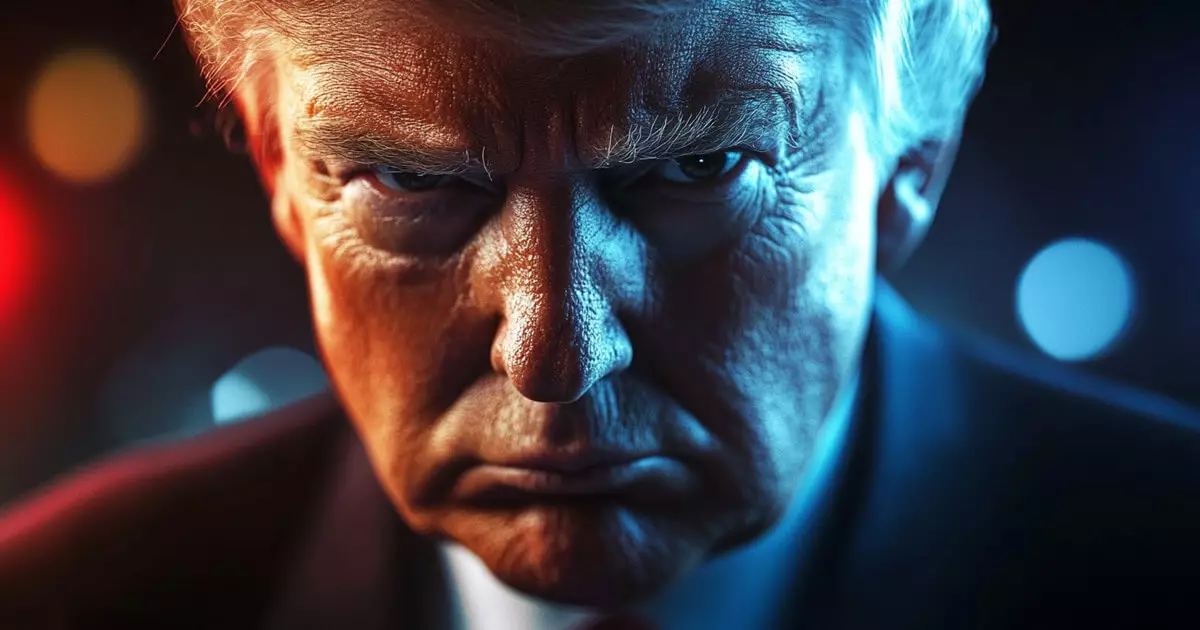The impending shift in leadership at the Securities and Exchange Commission (SEC) has drawn considerable attention in financial and regulatory circles. With President-elect Donald Trump rumored to favor Paul Atkins as the next SEC chair, the discussion surrounding his potential appointment has sparked various reactions. Atkins, a former SEC commissioner, served in this capacity from 2002 to 2008, providing him with prior experience that many see as advantageous. However, the challenges he faces in this role amid ongoing agency controversies raise significant concerns.
Sources have indicated that Atkins is reportedly hesitant to take on the role, viewing it as less than appealing due to the agency’s current state, which he believes is mismanaged under the tenure of outgoing Chair Gary Gensler. This situation portrays a daunting landscape, one that involves not merely steering an agency but fundamentally reshaping it. The considerable effort required to launch necessary reforms and restore trust in the SEC is perceived as a heavy burden, potentially discouraging Atkins from stepping into the position.
The negotiations surrounding his possible appointment are compounded by his current business commitments. Atkins heads Patomak Global Partners, a consulting firm that confers him both financial and professional stability. Should he take the SEC position, he would be forced to relinquish his business interests, a transition that can be not only logistically complex but also fraught with financial implications. Reports suggest Atkins may only agree to this transition once his firm reaches a level of operational independence, making the timeline of his decision uncertain.
Support for Atkins exists among notable figures within financial regulation. Chris Giancarlo, the former chair of the Commodity Futures Trading Commission (CFTC), has emerged as a prominent advocate for Atkins, emphasizing his capability to restore the SEC’s credibility. Giancarlo’s endorsement carries weight, particularly in light of his own experience with regulatory reform during his tenure. He has vocalized the necessity for the SEC to enhance its approach to digital assets and cryptocurrency markets—an issue that has garnered increasing scrutiny in recent years.
Despite the backing from Giancarlo and some factions within Trump’s team, Atkins’ appointment remains precarious. If his conditions for taking the role are not met, it is believed Trump may pivot towards other candidates. Current SEC Commissioner Mark Uyeda, former CFTC Chair Heath Tarbert, and Robert Stebbins of Willkie Farr & Gallagher LLP are all positioned as potential alternatives.
The prospect of Atkins stepping into the SEC chair role illustrates the complexities of regulatory leadership in an evolving financial landscape. The challenges are multifaceted, encompassing not only the governance of the agency itself but also addressing broader issues tied to digital currency regulation and market confidence. The future leadership at the SEC will play a pivotal role in shaping key regulations that affect both traditional finance and emerging technologies. Thus, the decision surrounding Atkins may echo beyond personal ambitions; it reflects on the broader regulatory framework necessary to adapt to rapidly changing market dynamics. As the discussions unfold, the financial community watches closely, aware that the evolution of regulatory policies hinges significantly on who leads the charge at the SEC.


Leave a Reply